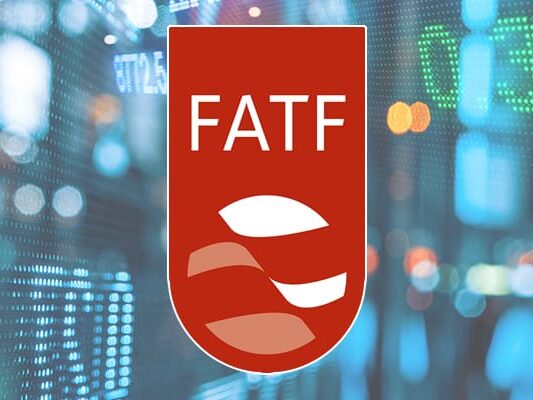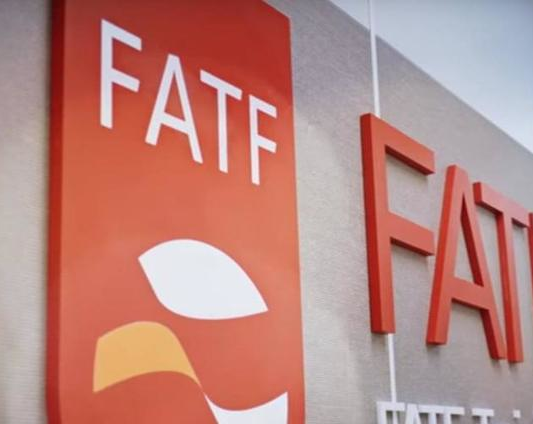Resources
Financial Information Sharing Partnerships (FISPs)
Step into the world of Financial Information Sharing Partnerships (FISPs) and harness the power of collaborative information...

FATF Greylist
In the global fight against financial crime, the Financial Action Task Force (FATF) plays a pivotal role....

FATF Blacklist
In the battle against financial crime, the Financial Action Task Force (FATF) plays a crucial role by...

Exposed Person Lists (EPL)
Enhance your AML compliance practices with Exposed Person Lists (EPLs). Dive into the world of risk assessment,...

Art Market
In the labyrinth of Anti-Money Laundering (AML) practices, various industries are often under scrutiny for their potential...

Black Money
The term 'Black Money' has increasingly become part of the global financial lexicon. While its connotation may...

Predicate Offense
In the complex world of Anti-Money Laundering (AML), there are various terminologies and concepts that can sometimes...

Non-Profit Organizations (NPOs)
Non-Profit Organizations (NPOs) have long been the cornerstone of social development globally. However, like any other sector,...

International Money Laundering Information Network (IMoLIN)
In our fast-paced, globalized world, money laundering remains a prevalent issue. Central to combatting this menace is...

Virtual Asset Service Providers (VASPs)
The financial landscape has undergone a remarkable transformation with the advent of cryptocurrencies and the rise of...
